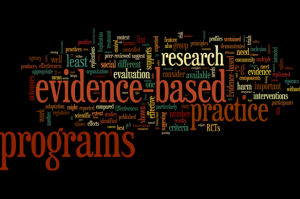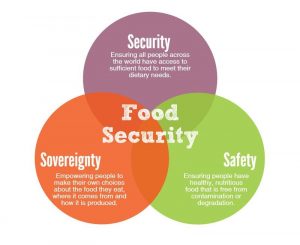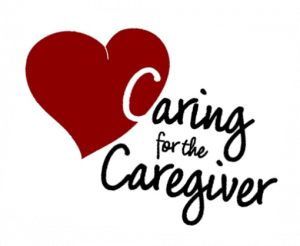Blog
National Family Caregiver Month, November 2021
By: Stephen Anable
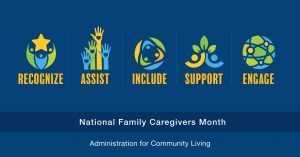
November is the month when we focus on two vital and related issues: family caregivers and Alzheimer’s disease awareness.
We see it all the time: many caregivers think themselves into a “go-it-alone” frame of mind. They focus solely on the immediate obligations of their caregiving and how they alone can fulfill them. But this is exhausting, and, ultimately, doesn’t help their loved ones either. Caregivers have a unique emotional bond with the loved ones they are aiding. They furnish an irreplaceably close connection and form of comfort. But asking for help is not a sign of weakness, lack of commitment, or diminished affection. “No man is an island,” the old poem reminds us. And caregivers cannot help others continually and effectively unless they practice self-care, which means obtaining adequate rest, recreation, and support.
Experts say families play a major role in delivering care to older adults and people with disabilities of all ages. Many caregivers are age 50 and over and juggle the demands of family and career with the duties of caregiving. As a result, they are vulnerable to stress, anxiety, and depression. The Healthy Living Center of Excellence and Elder Services of the Merrimack Valley and North Shore have a variety of resources, available in-person and online, to assist caregivers in finding balance and perspective on their situation.
Here are some:
- Trualta: This is an e-Learning platform, offered to caregivers free of charge, thanks to a grant from the Administration for Community Living. Trualta delivers instructive advice for people caregiving in their own homes. It covers such topics as preventing falls, transferring someone to and from a bed or a chair/wheelchair, and managing the difficult behavior of people with Alzheimer’s disease or a related dementia. It offers healthcare-level training for family members and other caregivers.
- Family Caregiver Support: This Elder Services program provides tools, education, and support to help attendees balance the routine of caregiving while maintaining their strength and morale. Caregivers can make use of counseling, workshops, support groups, and much more.
- Savvy Caregiver Program: This is a six-week training for individuals caring for a person with Alzheimer’s or a related dementia.
- Cuidando Con Respeto: This is a three-week culturally appropriate psychoeducational Spanish language training program for Latino family caregivers of persons with Alzheimer’s disease.
According to Unicity Healthcare, 5.7 million Americans have been diagnosed with Alzheimer’s disease. By 2050, experts estimate that number will mushroom to 15 million. Alzheimer’s now accounts for 60 to 80 percent of dementia cases nationally.
While the majority of those afflicted are age 65 or older, 200,000 younger Americans live with the early-onset form of Alzheimer’s. As the disease progresses, individuals may lose the ability to converse and respond to their surroundings. Right now, the National Institute on Aging ranks Alzheimer’s as the sixth leading cause of death in the United States. While no cure exists for Alzheimer’s, programs like the ones mentioned provide families with tools and strategies to manage a loved one’s disease.
This month, as we honor family caregivers and raise awareness about Alzheimer’s disease, it’s a great time to reach out to the Healthy Living Center for more information about these topics. Contact Crystal Polizzotti at the Healthy Living Center at 978-651-3034 or [email protected] to learn more about our caregiver programs.
Healthy IDEAS and National Depression and Mental Health Screening Month, October 2021
By: Stephen Anable
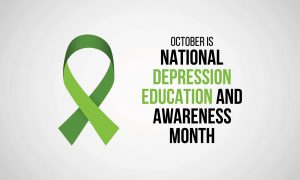
Falls Prevention Awareness Week 2021
By: Stephen Anable
![]()
A Matter of Balance Albanian Translation, August 2021
By: Steve Anable

Chronic Disease Self-Management Program, July 2021
By: Stephen Anable
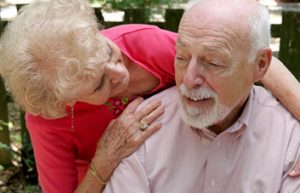
Walk On! June 2021
By: Stephen Anable

Arthritis Awareness Month
By Stephen Anable, May 2021
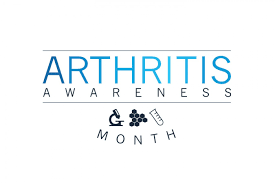
World Health Day: April 7, 2021
By Stephen Anable, April 2021

Healthy Eating Study Validates Program Effectiveness
By Stephen Anable, March 2021
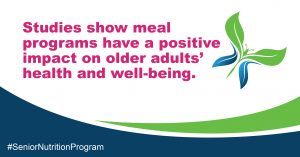
One Family Caregiver’s Story of Love, Devotion, and Commitment
By Jennifer Davis, December 2020
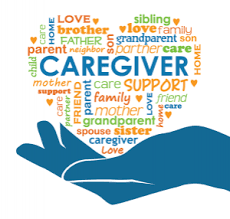
Finding Support and Community While Caregiving During COVID
By Susan Geier, November 2020
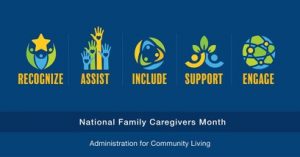
A Matter of Balance Moves Online to Address Fear of Falling
Early Reports indicate participants benefit from participating remotely
By Jennifer Davis, October 2020

Covid Has Not Stopped Savvy from Supporting Family Caregivers
Jennifer Davis, September 2020
When is an Evidence-Based Program No Longer Evidence-Based?
Aging services agencies search for ways to deliver healthy living programs during the Covid-19 lockdown.
Jennifer Davis, August 2020
Senior Service Agencies Respond as Food Insecurity Among Seniors Grows in the Wake of Covid-19
Jennifer Davis, July 2020
Tapping Technology to Bring Tai Chi to Older Adults: Older people adapt to keep moving
Jennifer Davis, June 2020

A Creative Spark that Shows No Sign of Dimming
Jennifer Davis, May 2020
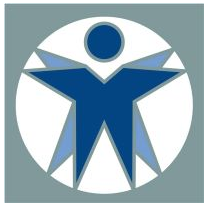
Coaches Are the Cornerstone of A Matter of Balance Success: Program Graduates Have Tools to Avoid Becoming Covid Couch Potatoes
Jennifer Davis, April 2020

During the Covid-19 Outbreak, Public Health Workers Are a Godsend – Thank You
Jennifer Davis, April 2020
Family Caregiving in an Aging America: Women Remain the Unsung Heroes
Jennifer Davis, March 2020
National Nutrition Month 2020 – Eat Right, Bite by Bite
Susan Poludniak, Leigh Hartwell, & Kara Lakin, March 2020

Norm’s Story: A Portrait of Unconditional Love
Jennifer Davis, February 2020

A Matter of Balance: Nan’s Story
Jennifer Davis, February 2020
A Story of Love, Loss, and Resilience
Jennifer Davis, January 2020
Care for the Caregiver
Jennifer Davis, December 2019



